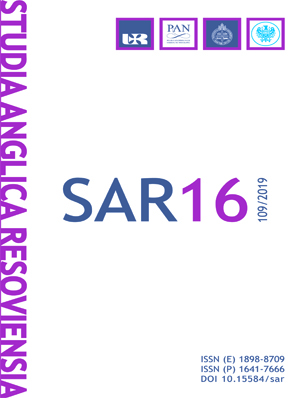The Need for Educational Equity through Multimethodology and Differentiation in the Moroccan EFL Classroom
DOI:
https://doi.org/10.15584/sar.2019.16.3Keywords:
strategic vision, differentiated instruction, multimethodology, flatness, one-size-fits-allAbstract
All current educational documents in Morocco, the Strategic Vision 2015-2030 included, mandate the use of hybrid modes of instructional delivery and assessment tools to meet the pressing demands of diverse student population. The Moroccan English as Foreign Language (EFL) classroom success is contingent on how well EFL teachers know the learners they serve on daily basis. The EFL classroom in general is a volatile social milieu with diverse human dimensions. This paper is an attempt to probe the theoretical foundations behind the need for multimethodology and differentiation. It primarily addresses the premises of the Strategic Vision 2015-2030 which warn against the one-size-fits-all instructional modes. Then it addresses the challenges in the teaching of languages in Morocco. Alternatively, it suggests implementing differentiated instruction and multimethodology to rethink the educational instructional practices in an attempt to maximize students‘ academic growth, increase their engagement and trigger quality learning. Finally, it briefly introduces a model of differentiation in teaching and assessment that goes hand in hand with the major orientations of reform in Morocco and the international standards of differentiated instruction.Downloads
Download data is not yet available.
Downloads
Published
2019-12-15
How to Cite
El Khdar, A., Rguibi, S., & Bouziane, A. (2019). The Need for Educational Equity through Multimethodology and Differentiation in the Moroccan EFL Classroom. Studia Anglica Resoviensia, 16, 33–47. https://doi.org/10.15584/sar.2019.16.3
Issue
Section
Articles
License
Copyright (c) 2019 Studia Anglica Resoviensia

This work is licensed under a Creative Commons Attribution-NonCommercial 4.0 International License.

